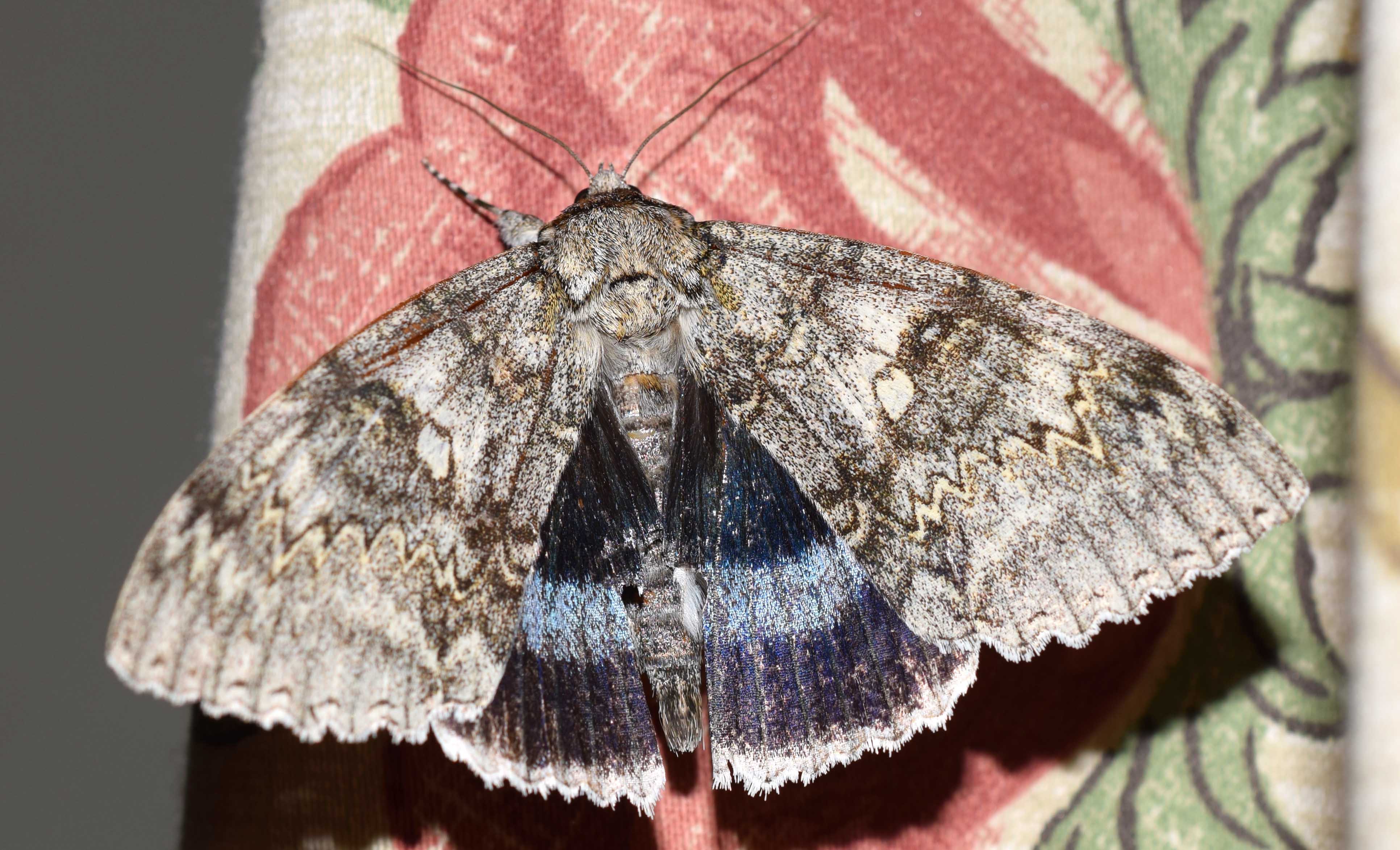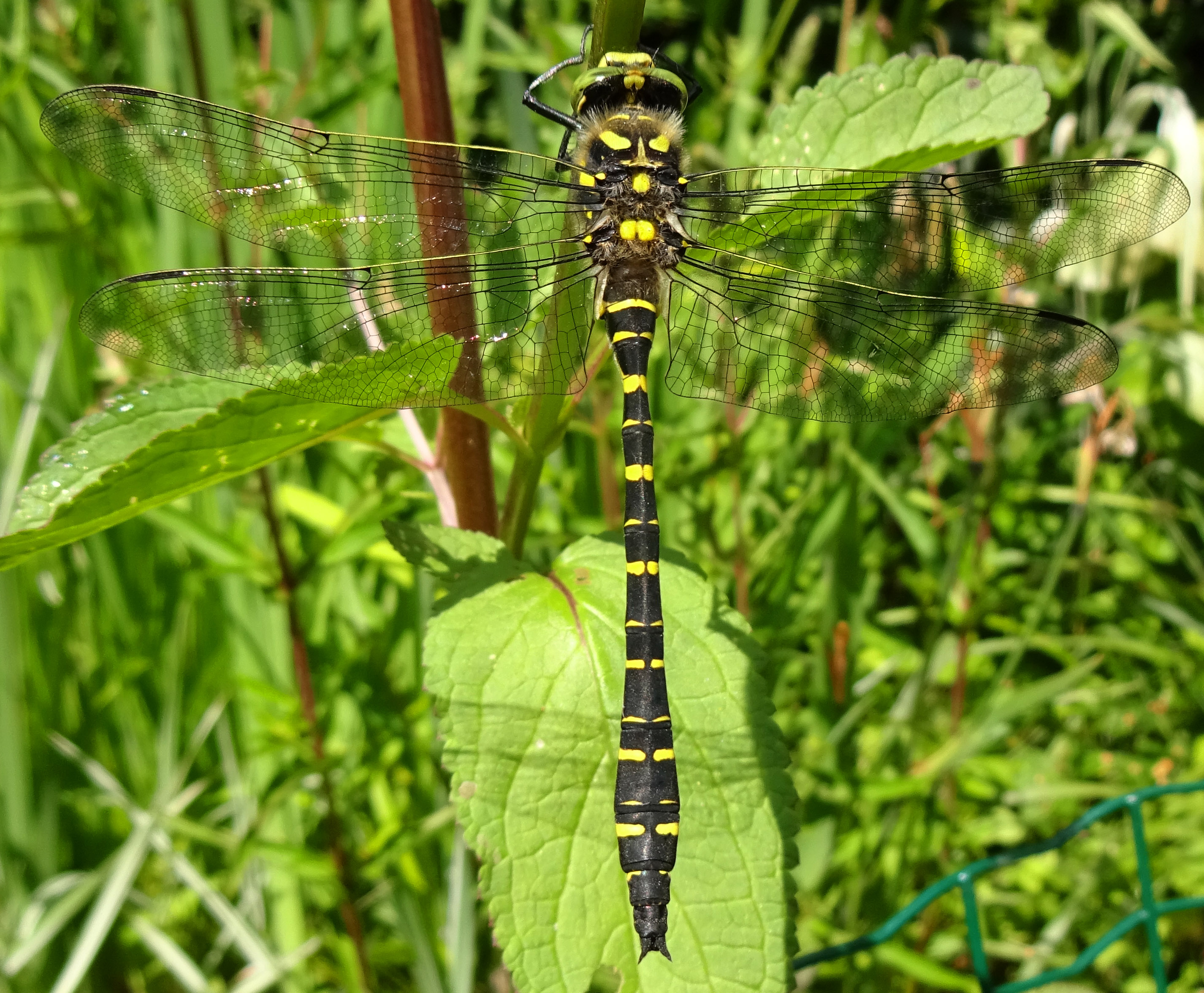 The Observer reports climate change has encouraged a wave of insect migrants from across the Channel. Should we celebrate or fear for the future? As the sun finally emerges from behind a cloud, I catch sight of a pair of dragonflies, yoked together in a mating position to rival the Kama Sutra. Yet this copulating couple, performing in a watery ditch on Canvey Island in Essex, are no ordinary members of their family. They are southern migrant hawkers: a species virtually unknown in the UK until a decade or so ago.
The Observer reports climate change has encouraged a wave of insect migrants from across the Channel. Should we celebrate or fear for the future? As the sun finally emerges from behind a cloud, I catch sight of a pair of dragonflies, yoked together in a mating position to rival the Kama Sutra. Yet this copulating couple, performing in a watery ditch on Canvey Island in Essex, are no ordinary members of their family. They are southern migrant hawkers: a species virtually unknown in the UK until a decade or so ago.
Photo by Bill Stanworth of golden-ringed dragonfly

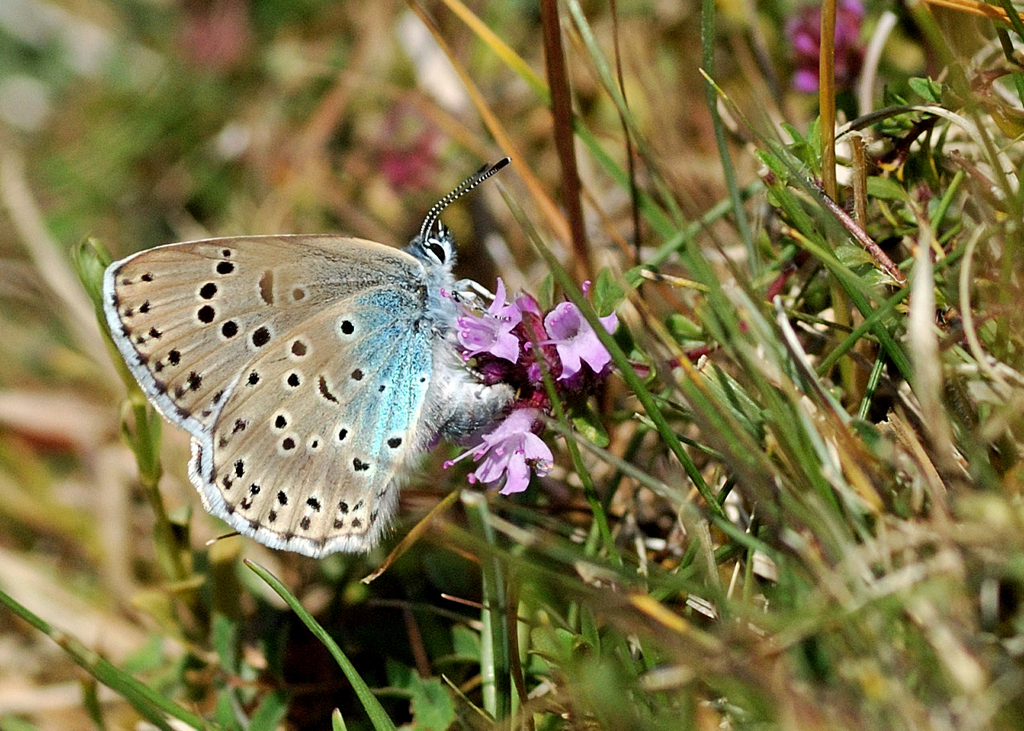 The
The 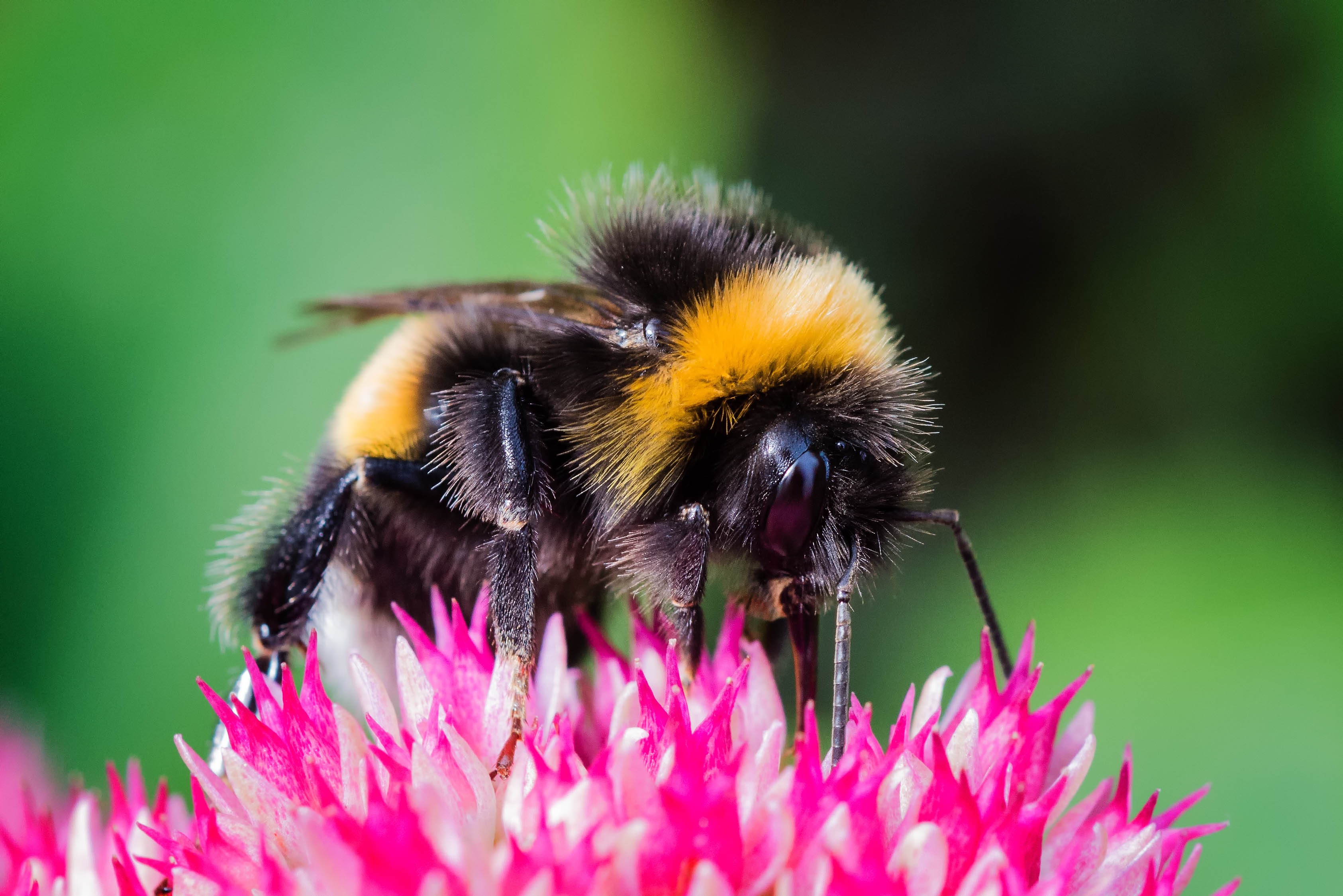 The
The 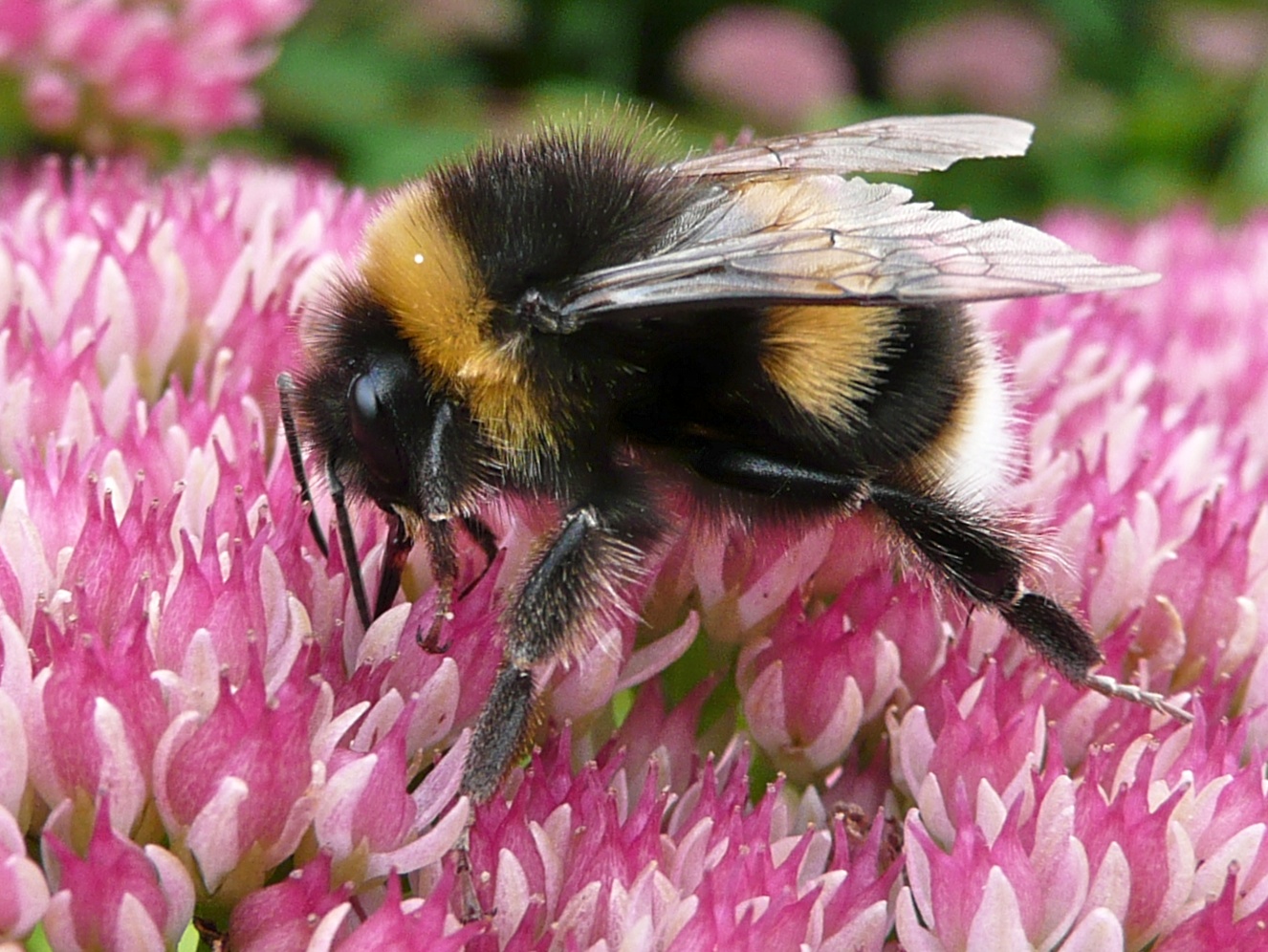 The
The 